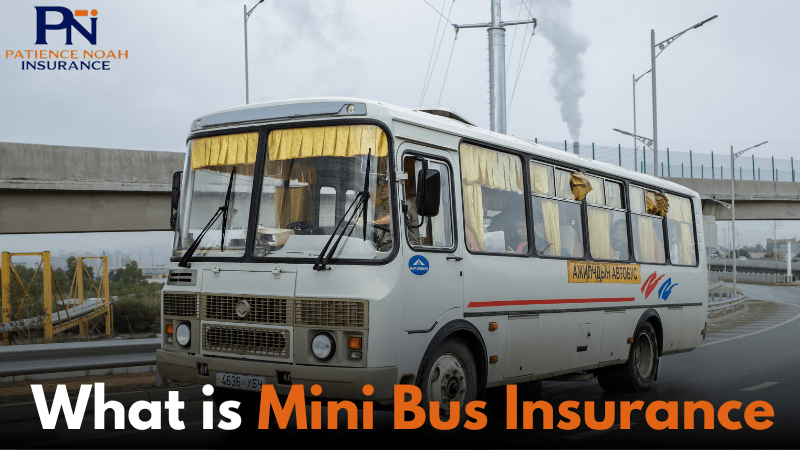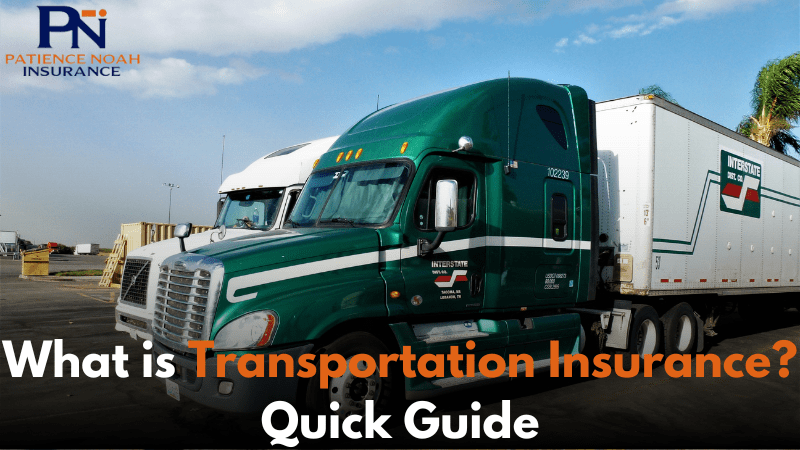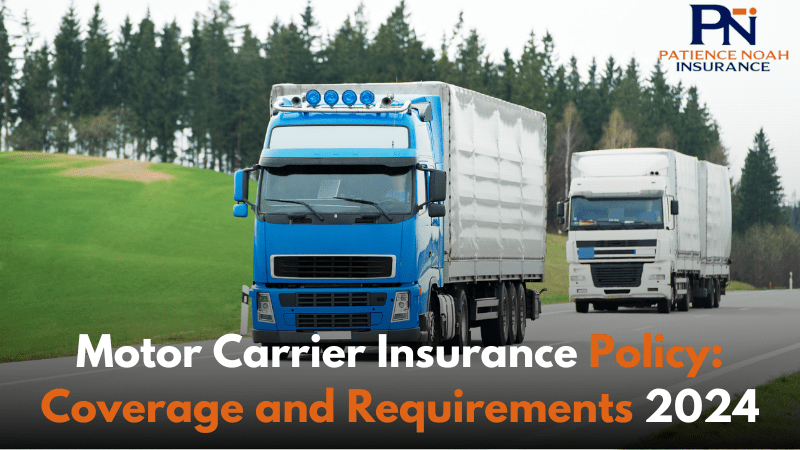Despite the strict traffic rules, around 43,000 fatal crashes are reported annually. Therefore, the U.S. government has mandated vehicle insurance in most states to prevent accidental devastation. It is a life-saving policy designated to protect the owner from vehicle-related incidents.
Automobile insurance provides financial backup for accidents, theft, or damages due to natural disasters. Not only this, it also covers property damage and medical expenditures of injured people.
What is Auto Insurance?
It is an agreement between the vehicle owner and the insurance company. The insurer will protect the policy buyer against financial losses in exchange for paid premiums. The reassurance depends on coverage type, terms and conditions, and insurance limits.
Almost every state requires basic vehicle insurance.
Here’s a vocabulary list for you to understand common terms and phrases mentioned on your insurance policy:
| Premium | The amount that your policy provider pays for coverage on an accident that you encounter. |
| Deductible | The amount that you need to pay out of your pocket for coverage of damage is called deductible. |
| Claim | A request that you make to get your legal compensation after an accident |
| Endorsement | Amendments or changes into your policy, be it addition, reduction or modification of terms and conditions is coined under the word “endorsements” |
| PAP | PAP stands for Personal Auto Policy. It protects individually owned motor vehicles. |
Understanding the Purpose
Let’s take a closer look at some of the significant perspectives:
1. To Protect Your Vehicle
The policy is specifically tailored to safeguard your vehicle in unforeseen circumstances. It bears the hefty repair and restoration costs.
2. To Safeguard the Policy Owner and Others
Besides securing the vehicle, it is designed to protect you and your family from unexpected downfalls. The suitable policy covers everything from hospital visits to surgical medical bills.
3. To Bestow a Piece of Mind
With a secure mindset, you can drive more confidently.
4. To Cover Third Party Damages
Apart from drivers and passengers, a vehicle collision also impacts the third parties. That’s when comprehensive insurance can have your back. The insurer will take charge of the medical expenditures of injured victims, vehicle repairs, and property damage.
5. To Secure You From Legal Costs
A road accident often invites legal fines and penalties. Sometimes, the affected victims sue the negligent driver for injuries and damages. However, the right insurance policy can assist you with such lawsuits.
Auto Insurance Quotes
Regarding shopping for the best auto policy, quotes must be considered. Requesting quotes from multiple insurers can help you compare and shop for the best.
It is an estimated figure of your insurance premiums plus the expense of your coverages and limits.
You can quickly get quotes from insurance brokers, agents, or company websites. It would require some basic information about yourself and the vehicle. Moreover, these quotes fluctuate based on your driving records, claim history, and several other factors.
Average Costs
Full coverage insurance for autos can cost you around $1,982 per year. However, each insurance company has set distinct rates based on several factors. Your vehicle type, desired coverage, age, driving history, gender, and location are vital in deciding the price point.
| Driving History and Credit Score | Average Annual Price of Full Coverage | Average Annual Price of Minimum Coverage |
| Clean Driving Record and Good Credit | $1982 | $549 |
| Good Driving History with Poor Credit | $3,222 | $866 |
| Single Speeding Penalty and Good Credit | $2,486 | $693 |
| An At-fault Accident and Good Credit | $2963 | $817 |
| Recent DUI and Good Credit | $3693 | $1045 |
Average Rates By States
Spot out the cheapest rates for full coverage in your state:
| State | Average Annual Fill Coverage Premium |
| Alabama | $1775 |
| Connecticut | $2,999 |
| Texas | $2,966 |
| Rhode Island | $3,341 |
| Massachusetts | $1,348 |
| Maryland | $1,717 |
| Illinois | $1,541 |
Auto Insurance Claim
The policy owner has to file a claim soon after encountering an accident. It is a method of notifying the company that you want to use your policy to cover the losses. The claim is dictated against terms and conditions, limits, and coverage type.
When Should You File it?
Consider filing a claim in the following scenarios:
- When people are injured in an accident
- Someone else hits your car
- In case of third-party damages
- When the damage would cost more than the deductible.
When You Should Not?
Skip it when:
- Damages are extremely minor
- No accidental injuries
- You slightly damage your vehicle
Wrap Up
It’s not just the law; it’s the need of the moment. Investing in a reliable policy is essential to protect your family and assets in harsh times.
What are you waiting for? Compare the rates, select the ideal coverage, and register now!














